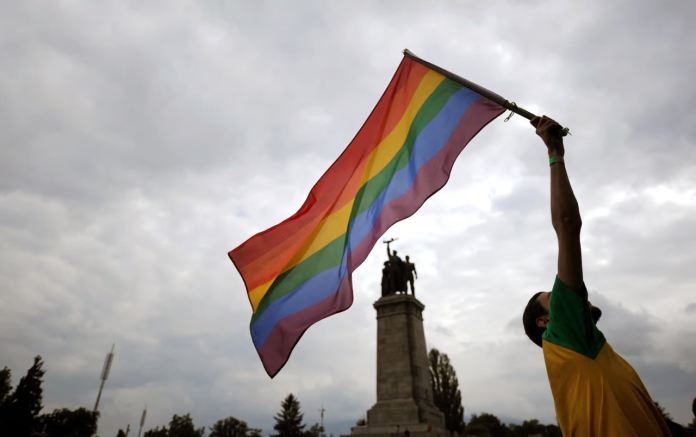Bulgaria’s President Rumen Radev did not veto a new anti-LGBTI law banning any educational programmes on “non-traditional sexual orientation” in Bulgarian schools, ignoring calls from the Council of Europe and civil society activists, according to Euractiv.
The amendments were initiated by the Revival party (Europe of Sovereign Nations) and adopted with the help of GERB (EPP) and the BSP (PES) and were quickly adopted after two readings during the day last week. They were published in the State Gazette on Friday, 16 August, and would enter into force with the President’s consent.
Under the new amendments, any educational programme in schools related to “non-traditional sexual orientation” will be labelled as “propaganda.” However, the Council of Europe urged Radev not to give the go-ahead, Commissioner for Human Rights Michael O’Flaherty stated on X.
Deeply concerned by the recent law passed by Bulgaria’s Parliament to ban so-called LGBTI ‘propaganda’ in schools. I call on president Radev not to sign it. Authorities should tackle discrimination and hostile rhetoric against LGBTI people, including in the run-up to elections.
Béatrice Fresko-Rolfo, a member of the Council of Europe’s Committee on Equality in the Parliamentary Assembly (PACE), also wrote on X:
“The Bulgarian parliament has just passed a law banning representation of LGBTI identities in schools. I call on the Bulgarian authorities to prevent and combat hate speech, discrimination and violence against LGBTI persons, ensure access to information and repeal the law immediately.”
On 13 July, EU Equality Commissioner Helena Dalli announced that she would launch an investigation into whether the anti-LGBTI law violated EU law. Daly sent a letter to Bulgarian Education Minister Galin Tsokov, who should explain by the end of August exactly what the new law meant, what sanctions it would lead to and how it would be implemented.
The European Commission is concerned about any development that could put at risk the effective implementation of European legislation, including the observance of the fundamental rights enshrined in the Charter of Fundamental Rights of the EU.
“Non-traditional sexual orientation” is defined in the Bulgarian law as “different from the generally accepted and enshrined in the Bulgarian legal tradition notions of emotional, romantic, sexual or sensual attraction between persons of the opposite sex.” The anti-LGBTI law was rejected by the previous parliament, but the current National Assembly passed it.
After the adoption of the law, the presidential administration issued a statement saying that “the head of state has expressed his position on the amendments to the law on preschool and school education by signing a decree on its promulgation.”
